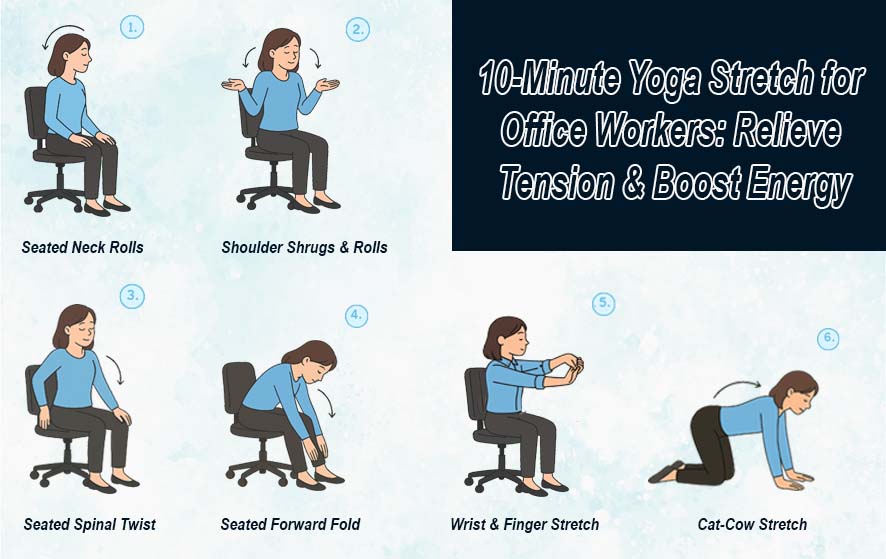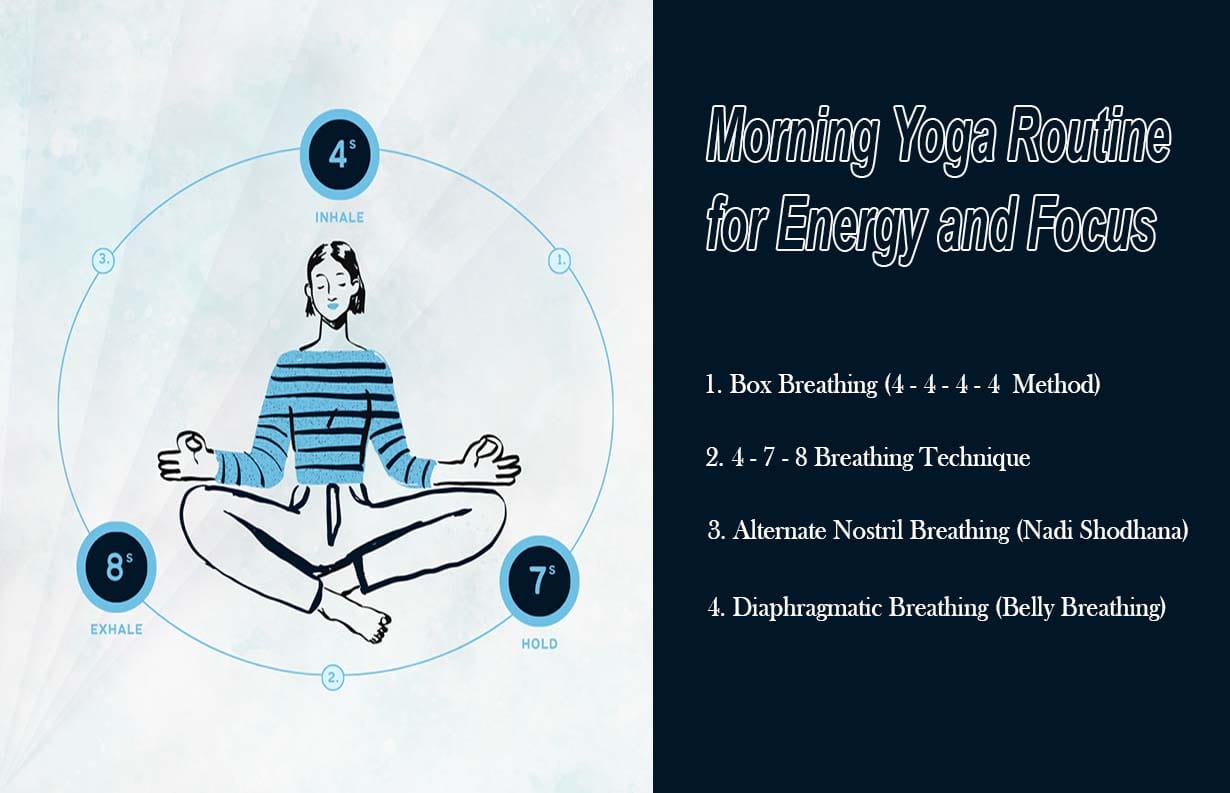please here Discover Empower Your Health Journey with These Essential Tips for Women, and let’s start your journey today! Women who take care of their health, as women’s bodies, go through various changes throughout their lives, and each stage comes with unique health concerns. Maintaining optimal health and wellness should be a priority for every woman. Whether you’re steering the vibrant years of youth, balancing a busy career, or managing the intricacies of family life, caring for your physical and mental well-being is key. In this blog post, we’ll take a look at various health tips designed for women at various stages of life. Our goal is to provide actionable advice that can seamlessly integrate into your daily routine, enhancing your overall health.
Nutrition for Women’s Health
Essential Nutrients for Women
A balanced diet lays the foundation for vitality and wellness. Women need specific nutrients to support hormonal balance, bone health, and reproductive functions. Key nutrients include calcium, iron, folic acid, and omega-3 fatty acids. Calcium is crucial for strong bones, while iron supports healthy blood cells. Folic acid is essential for women of childbearing age as it helps prevent neural tube defects during pregnancy. Omega-3 fatty acids promote heart health and decrease inflammation.
Healthy Eating Strategies
A balanced diet rich in fruits, vegetables, whole grains, lean proteins, and healthy fats is vital for women’s health. Add a variety of colorful vegetables and fruits to get a wider range of vitamins and minerals. Whole grains like quinoa, brown rice, and oats offer lasting energy and fiber. Lean proteins such as chicken, fish, and tofu are crucial for muscle recovery and development. Healthy fats from sources like nuts, seeds, and avocados promote brain health and hormonal equilibrium.
Delicious and Nutritious Recipes
Eating healthy doesn’t have to be bland or boring. Try these simple and delicious recipes:
Quinoa Salad with Avocado and Black Beans
Stir in cooked quinoa, diced avocado, black beans, corn, cherry tomatoes, and a squeeze of lime juice. Mix well with salt and black pepper.
Berry Smoothie Bowl
Combine a cup of assorted berries, a banana, and a dash of almond milk in a blender. Pour into a bowl and garnish with granola, chia seeds, and additional fresh berries.
Grilled Salmon with Veggies
Season salmon fillets with olive oil, lemon juice, garlic, and herbs. Grill until cooked through and serve with a side of steamed broccoli and sweet potatoes.
Exercise and Fitness Routines
Benefits of Regular Physical Activity Consistent exercise is crucial for preserving both physical health and mental well-being. Exercise improves cardiovascular health, strengthens muscles and bones, boosts mood, and enhances overall energy levels. It also aids in weight management, lowers the risk of long-term health conditions, and supports improved sleep.
Workout Routines for Different Fitness Levels
Whether you’re a fitness newbie or a seasoned athlete, there’s a workout routine for you:
Beginner
Start with gentle exercises like walking, swimming, or yoga. Dedicate 30 minutes a day to invigorate your body with moderate activity.
Intermediate
Incorporate a mix of cardio and strength training. Consider trying jogging, cycling, or bodyweight exercises such as squats and push-ups.
Advance
Challenge yourself with high-intensity interval training (HIIT), weightlifting, or advanced yoga poses. Focus on both endurance and strength.
Staying Motivated
Staying motivated can be challenging, but setting realistic goals and tracking progress can help. Find an exercise buddy, join a fitness class, or participate in online challenges to keep things exciting. Celebrate small victories and remind yourself of the benefits of staying active.
Mental Health and Wellness
Importance of Mental Health
Your mental health deserves as much care and attention as your physical fitness. It shapes our thoughts, emotions, and behaviors, impacting our capacity to manage stress, connect with others, and make choices. Focusing on mental health can result in improved overall wellness and a more satisfying life.
Tips for Stress Management
Managing stress is crucial for mental health. Here are some effective strategies:
Practice Mindfulness
Engage in mindful activities like meditation, deep breathing exercises, or yoga to stay present and reduce stress.
Stay Connected
Foster and sustain meaningful connections with family and friends. Social connections offer reassurance and help alleviate feelings of loneliness.
Organize Your Life
Keep a planner or journal to manage tasks and set priorities. Dividing large tasks into smaller, more manageable actions can help minimize feelings of being overwhelmed.
Building Mental Resilience
Building mental resilience helps you bounce back from challenges and setbacks. Embrace positivity, appreciate the good in your life, and harness your unique abilities. Participate in activities that bring you happiness and satisfaction, whether it’s a pastime, reading, or enjoying time outdoors.
Preventive Care and Regular Health Check-ups
Importance of Preventive Healthcare
Preventive care is vital for detecting potential health issues early and maintaining overall health. Regular check-ups, screenings, and vaccinations can prevent serious illnesses and ensure timely treatment. Women should prioritize preventive care to address age-specific health concerns.
Scheduling Regular Check-ups
Regular health check-ups are essential for monitoring health and catching potential issues early. Some key screenings include:
Pap Smears
Advised every three years for women between the ages of 21 and 65 to screen for cervical cancer.
Mammograms
Starting at age 40, women should have yearly mammograms to screen for breast cancer.
Bone Density Tests
Women over 65 should have bone density tests to check for osteoporosis.
Keeping Track of Health Records
Keeping track of health records and movables ensures you stay on top of your health. Use a journal or a digital app to record your medical history, specifics, and forthcoming movables. This can help you make informed opinions about your healthcare.
Sleep Hygiene and its Impact on Health
Role of Sleep in Good Health
Sleep fuels the body’s restoration, sharpens the mind, and stabilizes emotions. It allows the body to repair and rejuvenate, supports cognitive function, and regulates mood. Poor sleep can lead to a variety of health issues, including weight gain, weakened immunity, and reduced internal clarity.
Improving Sleep Quality
To ameliorate sleep quality, establish a harmonious sleep routine by going to bed and waking up at the same time every day. produce a comforting bedtime ritual, similar as reading, taking a warm bath, or rehearsing awareness. Make your sleep terrain conducive to rest by keeping it cool, dark, and quiet.
volume Matters
Aim for 7- 9 hours of sleep per night to ensure optimal health. Avoid caffeine and heavy reflections close to bedtime, and limit screen time before sleep. However, consider seeking advice from a healthcare professional, If you struggle with sleep issues.
Conclusion
Incorporating these health tips into your diurnal routine can lead to a healthier, happier life. Prioritize nutrition, stay active, manage stress, and ensure regular check-ups for preventative care. Flash back, quality sleep is foundational for overall well-being. By making these changes, you can ameliorate your health and enjoy a further vibrant life. Still, please partake in this post with your musketeers and family if you set up these tips as helpful. Together, we can inspire and support each other on our health peregrinations. Stay healthy and motivated!












